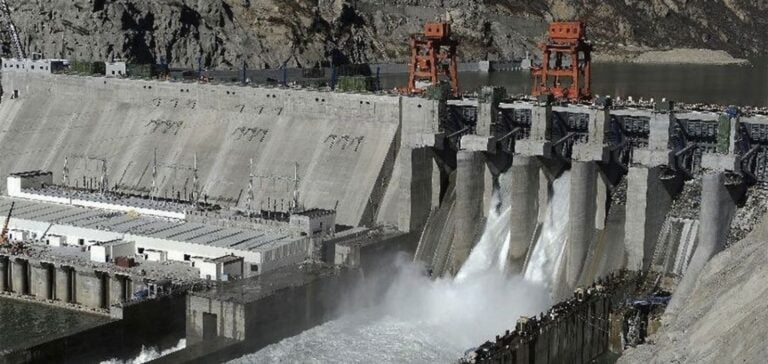India has raised significant concerns about China’s construction of a monumental hydropower dam on the Yarlung Tsangpo, a transboundary river. Valued at $137 billion, the project holds strategic and economic importance for Beijing but intensifies political tensions with New Delhi and raises concerns for downstream states.
A major political dispute
For India, controlling shared water resources with China is a national security priority. The massive scale of the dam, announced by Beijing as the world’s largest hydropower project, could influence the flow of the Brahmaputra River downstream, impacting agricultural and economic activities in India and Bangladesh.
During a bilateral meeting, India emphasized the need to protect downstream states’ rights. The issue has gained further traction with the involvement of the United States. Jake Sullivan, U.S. National Security Advisor, stated that projects like this could have substantial environmental and climate repercussions, citing similar developments in Southeast Asia.
A dual-purpose project
China justifies the dam as part of its push for clean energy transition and disaster risk management. However, it also fits into a broader geopolitical strategy to tighten its grip on shared natural resources.
Meanwhile, India, a key regional player, has warned against economic risks tied to potential water resource reductions in Arunachal Pradesh. The Indian government remains firm on the need for close monitoring of transboundary hydraulic initiatives.
Economic and energy impacts
The economic implications of this dam extend beyond energy production. Its construction will require massive investments and could impact regional energy costs. Downstream, India and Bangladesh might experience economic disruptions, further complicating trade relations in this already fragile region.
Despite Beijing’s assurances about the project’s ecological sustainability, regional experts warn of unpredictable impacts on the river’s ecosystem and local populations. These concerns may influence investment decisions and international cooperation on similar projects.






















